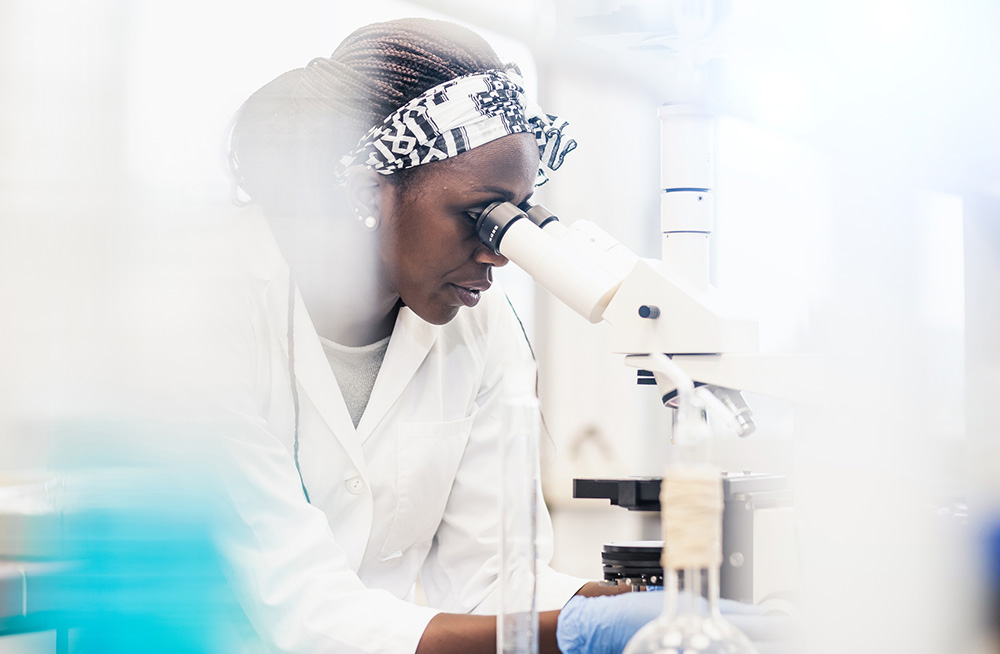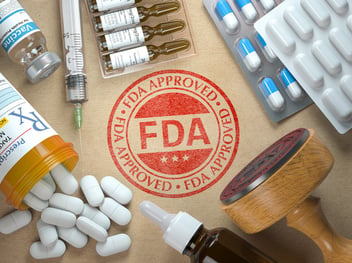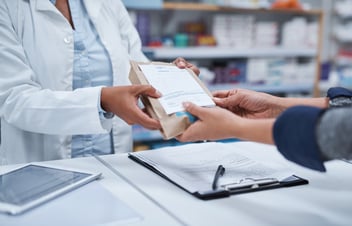Biosimilar medications are less expensive versions of already approved biologic medications used for cancer, autoimmune, and other diseases. Although there can be some confusion by the public, biosimilars are actually different than generic versions of a brand-name drug. Biosimilars are similar, but not identical, to the original medications.
Since 2015, the FDA has approved 14 biosimilars and of these nine are for oncology and oncology supportive care. Currently there is a biosimilar medication of trastuzumab (Herceptin®), which is for breast cancer, that has been granted “prequalification” status by the World Health Organization. It won’t be a surprise if a biosimilar for Herceptin soon joins the ranks of breast cancer medications available to prescribers.
Biosimilars tend to be large complex molecules manufactured in living systems that are almost (but not exactly) the same medication as the original biologic. Although the two medications will not be identical, in order to gain FDA approval, the biosimilar must have the same safety, purity, and potency and there can be no clinically meaningful differences in their uses.
Source
Biosimilars: a new era in access to breast cancer treatment. Lancet January 4, 2020;395(10217):P2.
Related Posts
2021: Shaping Up as a Strong Year for Specialty
The good news keeps coming for the specialty pharmacy pipeline in 2021. As was mentioned in a blog...
Patients Now Have ‘Fast and Easy’ Access to More Generic Oncology Medications
BioPlus Specialty Pharmacy today announces the expansion of its ‘Hope Delivered in 24 Hours’...
Specialty Pharmacy’s Upward Trend Continues
Specialty medications fill a unique and important niche for patients facing complex or chronic...





